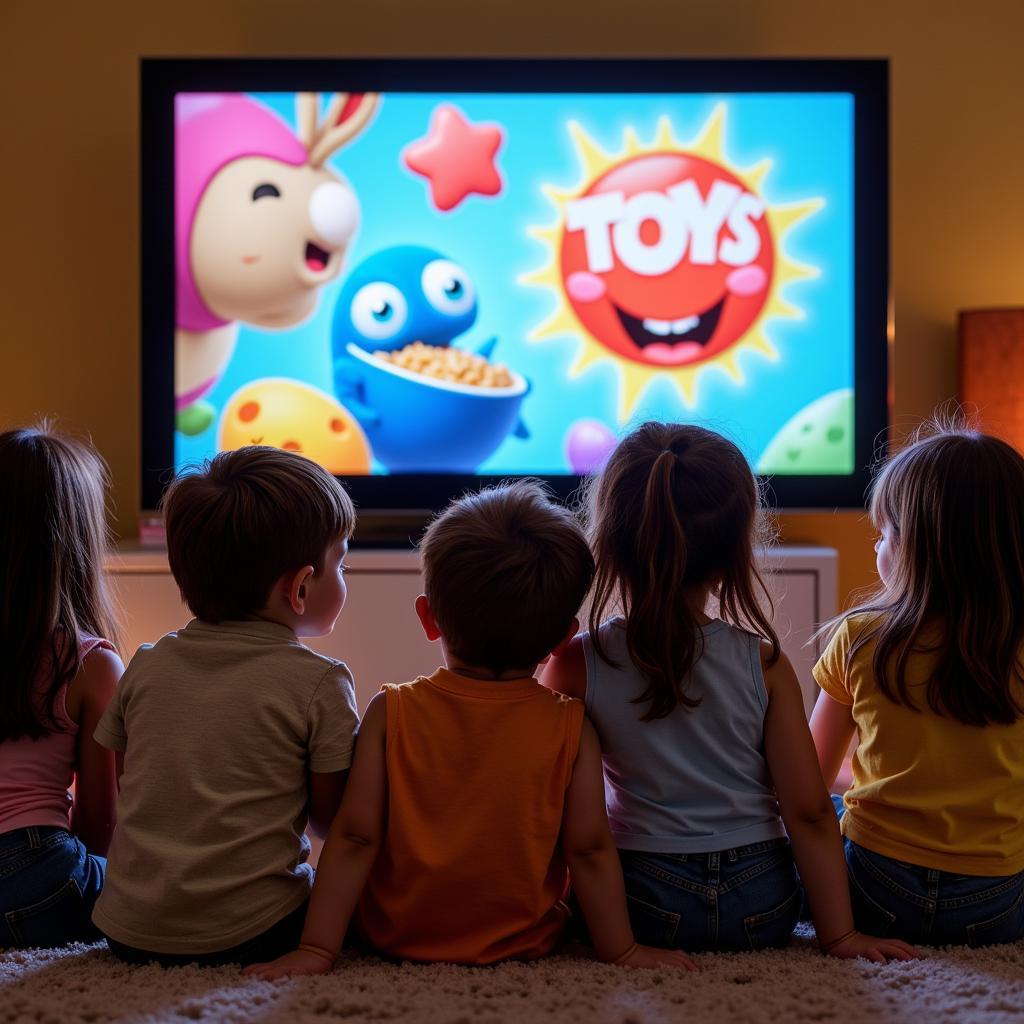The topic of advertising to children has been a recurring theme in IELTS Writing Task 2, appearing approximately 3-4 times annually in recent years. Based on analysis of past exam questions, this topic frequently emerges in both agree/disagree and discussion type essays. Let’s examine one of the most common question formats on this subject.
Some people think that advertisements targeting children should be banned, while others believe that advertising is a necessary part of growing up. Discuss both views and give your opinion.
Question Analysis
This is a discussion + opinion essay that requires:
- Examining arguments for banning children’s advertising
- Exploring views supporting children’s exposure to ads
- Providing your personal stance with justification
- Maintaining balanced analysis before conclusion

Band 8.5 Sample Essay
The debate over whether advertising aimed at young audiences should be prohibited has garnered significant attention. While some advocate for complete restriction of such marketing practices, others contend that advertising exposure is beneficial for children’s development. In my view, while some regulation is necessary, a complete ban would be excessive.
Those supporting advertising restrictions argue that children are particularly vulnerable to marketing manipulation. Young minds often lack the critical thinking skills to differentiate between advertising and reality, making them susceptible to unrealistic expectations and materialistic desires. Furthermore, excessive exposure to advertisements can lead to unhealthy eating habits when promoting junk food, or financial pressure on parents when children demand advertised products.
However, proponents of advertising suggest that it plays an educational role in children’s consumer awareness. Through advertising, children learn about new products, understand market dynamics, and develop decision-making skills that are crucial in modern society. Additionally, advertising revenue supports children’s programming and educational content, making it financially viable for producers to create quality material for young audiences.
In my opinion, the solution lies in implementing strict regulations rather than complete prohibition. Advertisers should be required to follow ethical guidelines, avoiding manipulative tactics and ensuring age-appropriate content. For instance, restrictions on junk food advertising during children’s programming hours and clear labeling of promotional content could help protect young viewers while maintaining the benefits of market awareness.
Band 7.5 Sample Essay
The controversy surrounding children’s advertising has become increasingly prominent in recent years. This essay will examine different perspectives on this issue and present my viewpoint.
Those favoring a ban on children’s advertising primarily focus on protecting young minds from commercial exploitation. Children can be easily influenced by attractive advertisements, leading them to make unreasonable demands on their parents. Moreover, continuous exposure to commercial messages may create materialistic attitudes and affect their psychological development.
On the other hand, supporters of advertising argue that it serves as a learning tool. Through advertisements, children can learn about various products and services available in the market. This exposure helps them develop consumer awareness and decision-making abilities from an early age. Additionally, advertising revenue helps fund quality children’s programs and educational content.
From my perspective, while complete prohibition might be extreme, strict regulation is essential. Guidelines should be established to ensure advertisements targeting children are ethical and age-appropriate. This balanced approach would protect children while allowing them to develop necessary consumer skills.
Band 6.5 Sample Essay
Nowadays, many people discuss whether advertising to children should be stopped or not. Some people think it is bad for children, but others say it helps them learn about the world.
People who want to stop advertising to children say it is harmful. They think children believe everything they see in advertisements and want to buy many things. This can make parents spend too much money. Also, some advertisements show unhealthy food which is not good for children.
Other people think advertising helps children learn. They say children need to know about different products in shops. Also, many TV shows for children get money from advertisements, which helps make good programs for them.
I think we should not stop all advertising to children, but we should make rules about what can be advertised. This way, children can learn about products but stay safe from bad influences.
Key Vocabulary
- susceptible (adj) /səˈsep.tə.bəl/ – easily influenced or harmed
- materialistic (adj) /məˌtɪr.i.əˈlɪs.tɪk/ – too concerned with money and possessions
- viable (adj) /ˈvaɪ.ə.bəl/ – capable of working successfully
- exploitation (n) /ˌek.splɔɪˈteɪ.ʃən/ – the action of treating someone unfairly for your own benefit
- prohibition (n) /ˌproʊ.həˈbɪʃ.ən/ – the act of forbidding something
Looking ahead, future IELTS exams might feature related topics such as:
- Digital advertising targeting children
- Social media marketing to young audiences
- Role of parents in managing children’s exposure to advertisements
We encourage readers to practice writing their own essays on this topic and share them in the comments section for feedback and discussion.